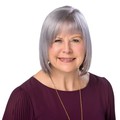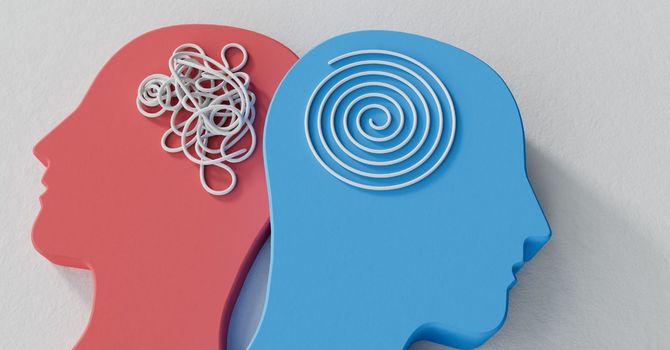You or your child has been diagnosed with AD/HD. You are now faced with the many options available to deal with the challenges that come with this diagnosis. Some people choose to meet with their physician and try medication, a course of treatment that has been researched for over 60 years. Along with behavioral strategies, this form of treatment is very effective. In fact, research suggests that these two forms of treatment together produce the most successful results. Unfortunately, medical treatment is not successful for everyone. Additionally, not everyone is comfortable trying medication; some want to explore other options.
A broad range of AD/HD treatments abound and many families have turned to Complementary and Alternative Medicine (CAM) strategies. CAMs have been identified as “a broad domain of healing resources that encompasses all health system modalities and practices and their accompanying theories and beliefs, other than those intrinsic to the politically dominant health system,” and as “strategies that have not met the standards of clinical effectiveness either through randomized control, clinical trials or through the consensus of the biomedical community” (American Academy of Pediatrics, 2001). Many CAM strategies, though, have been proven to be safe and effective alternatives to the use of medication. But, just like medication, there is usually no single magic “pill.” We need to be prepared that four or more different strategies may be needed with a 25 percent benefit from each approach to reach the desired outcome. It is also important to be aware that each combination of strategies will be unique to the individual using them, and different strategies need to be added at different times into the overall treatment plan. Finally, unlike the medication treatment option, CAM strategies often take significantly longer before one sees or experiences their effect. With these factors in mind, here is a brief review of some of the CAM strategies available to families who are deciding how to deal with a new diagnosis of AD/HD:
- Nutrition. E.M. Hallowell has been quoted as saying, “The most potent medication we have is also our most dangerous and abused drug. It is called food. Consumed properly, food can aid in the treatment of all diseases and prevent many of them from developing in the first place.” Dr. Hallowell further notes that nutrition is the cornerstone of good treatment and can influence the course of AD/HD treatment.
- Vitamins & Supplements. Neurotransmitters are brain chemicals that serve to tell the brain what to do. Expected levels of neurotransmitters in the brain have been shown to be unbalanced in those diagnosed with AD/HD. Therefore, vitamins and supplements have been proposed as a CAM strategy to make up for any shortages naturally. The role of supplement use is evolving and we understand more each day as more valid research is produced. One supplement that medical science has proven worthwhile, especially for those diagnosed with AD/HD, is omega-3 fatty acids.
- Natural Medicines. Despite frequent reports that this form of medicine is ‘unproven’ or ‘untested,’ the opposite can also be said to be true. Natural medicines have a long history of usage and, due to such a long history, there is a wealth of empirical evidence that has been collected to support its effectiveness and safety. Additionally, when we look to physicians in Europe, and even academic hospitals and universities in North America, we see that active clinical research is being conducted on these natural medications.
- Exercise – a fit brain. Not only is exercise good for people’s health in general, it acts like a tonic for the brain, and is especially good for AD/HD. Exercise sends more blood to the brain, and along with that comes more oxygen. Exercise is also known to stimulate the release of nutrients, hormones, chemical precursors of neurotransmitters, growth factors, and cleansing agents. All of this works to enhance cognitive function and mental focus. Exercising your brain helps to keep you young and fit, just as physical exercise does (i.e., yoga, tai chi, qui gong).
- Other Remedies. As noted above, certain CAM strategies may work for some people while being totally ineffective for others. These are just a few of the other non-pharmaceutical strategies that some people have found successful in the treatment of their AD/HD symptoms: EEG Biofeedback, vision therapy, audio-integration training, cerebellar stimulation, vestibular stimulation, massage, acupuncture, cranio-sacral, meditation.
As with any treatment, it is recommended that you seek the counsel and care of your health care provider before deciding if CAM strategies are right for you. If you want to learn more about the various CAM strategies, contact a qualified physician or psychologist who is knowledgeable in this area and open to having a discussion of the various treatments and their role in your life.




